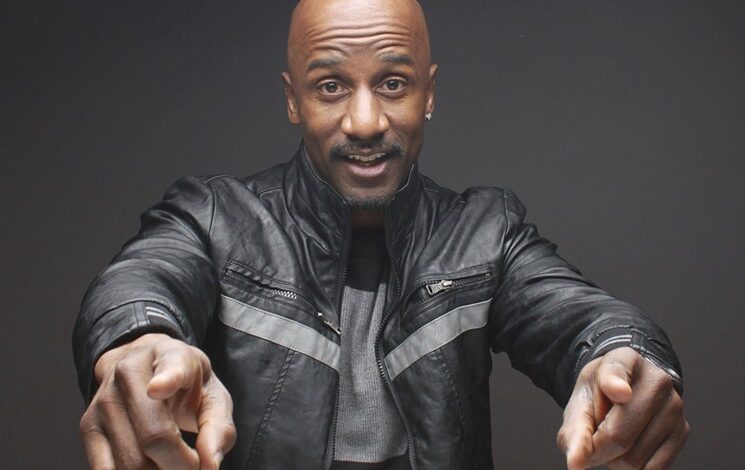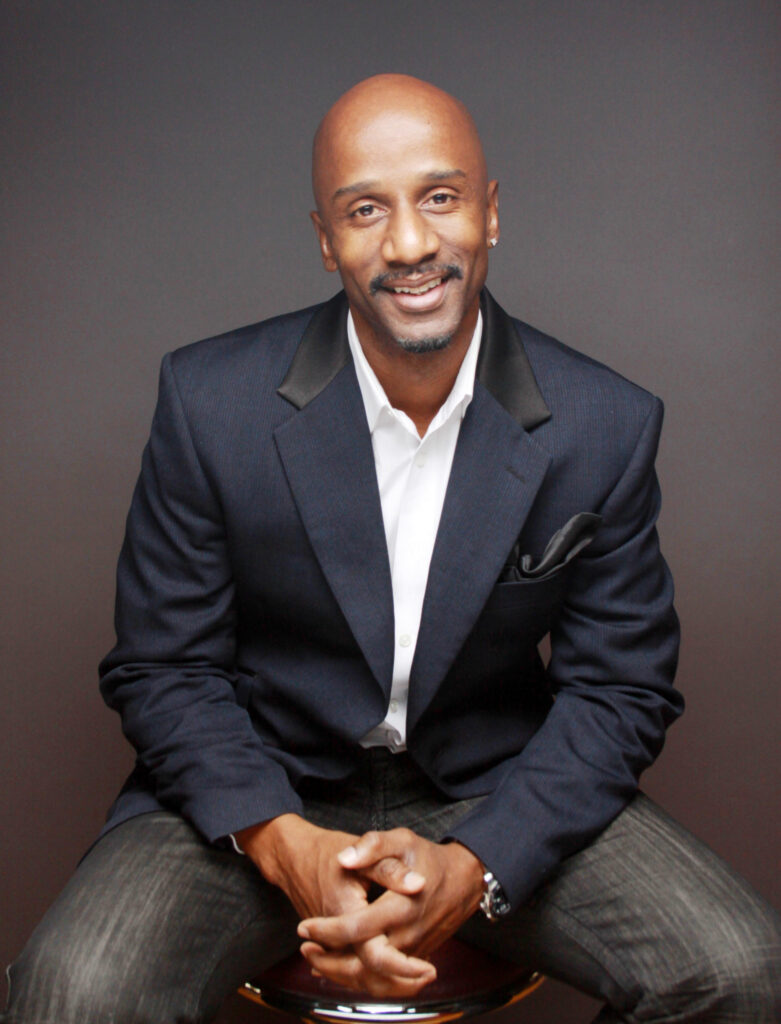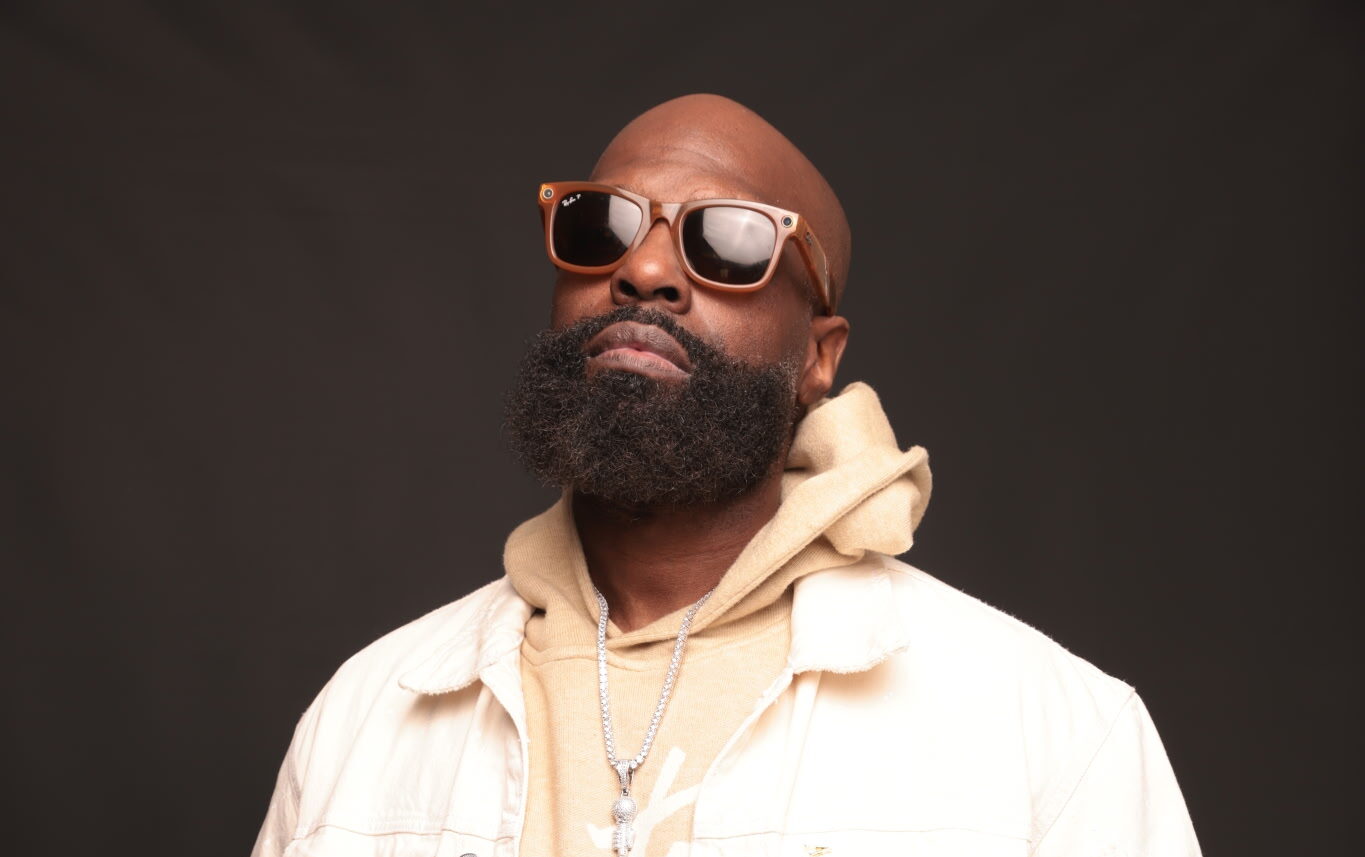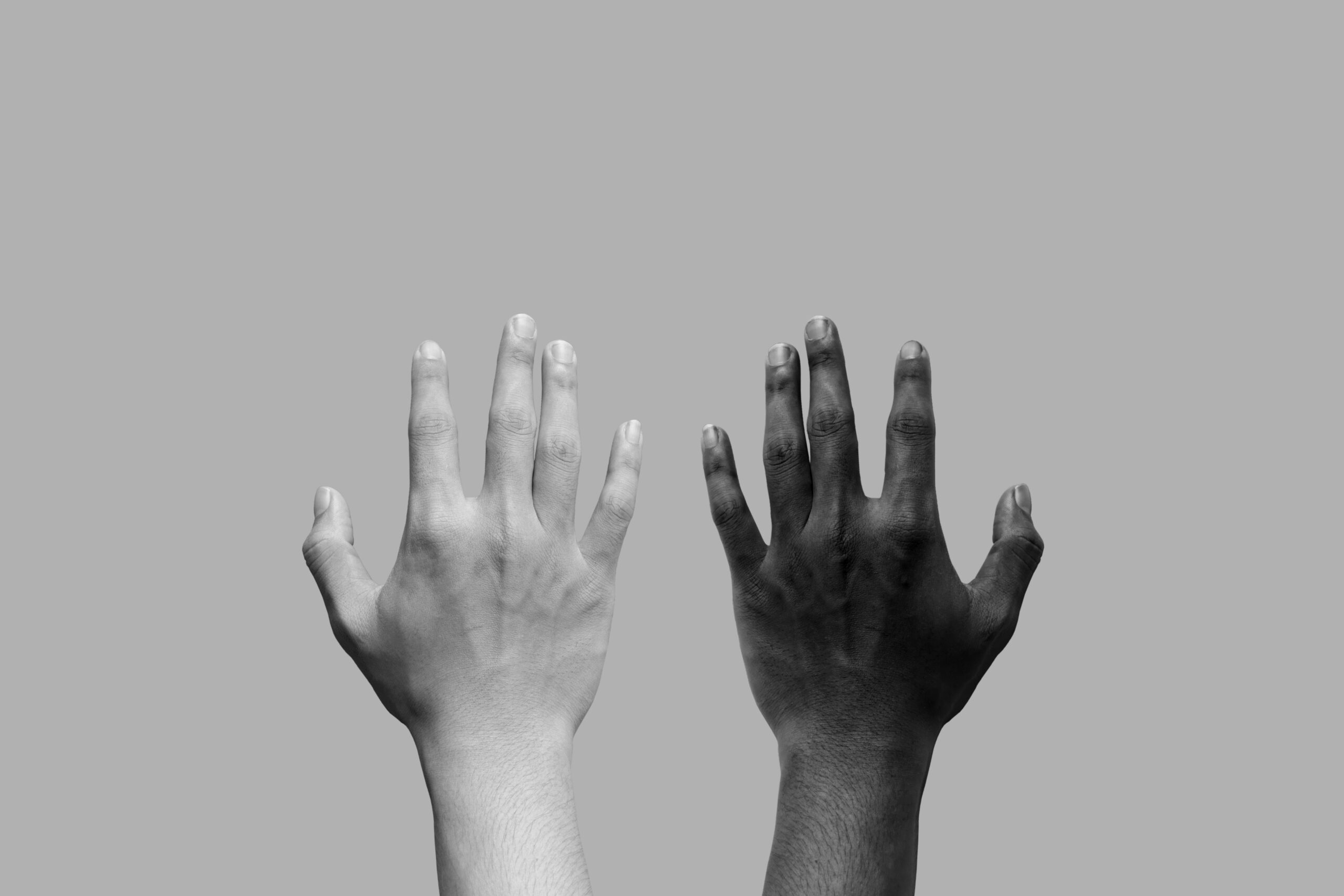From Sandwiches to Sold-Out Shows: The Damon Williams Story of Hustle, Comedy & Staying True
From Subway sandwiches to sold-out shows, Damon Williams built a career—and a legacy—without cutting corners or losing his Chicago rhythm

The first thing Damon Williams told me was that he vacuumed the man cave that morning. That detail stuck with me. Not because it was flashy, but because it said everything: the man stays grounded, in rhythm, and moving. Movement, after all, is the secret he keeps dropping between stories—movement in life, movement in the body, movement in mindset.
In nearly three hours of conversation, Damon didn’t just walk me through his career. He unpacked his hustle—one that began before comedy, before the suits, before the sold-out arenas. This wasn’t just a sit-down with a veteran comic. This was a guided tour through what it means to survive and thrive on your own terms, without asking permission and without ever Pretending.
A Suit and a Sandwich Shop
Before any microphone ever touched his hand, Damon was slinging subs. And not as an employee—he owned the damn Subway. At just 25, he built one from the floor up in downtown Chicago. “Tile, paint, suppliers, payroll—I handled all of it,” he said. “I had a storefront and a business license before I ever had a joke.” That kind of discipline didn’t fall from the sky. It came from years of watching the game and keeping a side hustle. “I sold cocaine,” he said, without flinching. “It was the ’80s, man. I wasn’t trying to be Scarface. I was trying to buy my way out.” That door slammed shut the day federal agents showed up at his dad’s job, looking for a different Damon with a similar last name and a big drug case. The scare was enough. “My dad pulled me aside and said, ‘You need to find something they can’t lock you up for.’” That something turned out to be comedy.
The Comedy Click
It wasn’t one moment—it was a slow burn. Damon had been steeped in comedy since childhood. Flip Wilson reruns. Pryor records in the basement. Bob Hope specials. But it was a beat-up Betamax tape of Delirious that lit the fuse.
“Eddie was young, Black, smooth, and fearless,” Damon said. “He felt like one of us.” A few years later, he overheard someone talking about an open mic at All Jokes Aside, the legendary Chicago club that launched a generation of Black comics. He decided to give it a shot. By total coincidence, the host that night was his first cousin—someone he’d never met. They connected, and Damon got on the mic. “I murdered. I mean, I had the room rocking,” he said. “Then I took the VHS home to show my mom, and the first curse word comes out—and I’m diving across the living room to hit stop.” His mom was deep in the church. “Holy Ghost, speaking in tongues, anointing oil deep,” he laughed. “I knew then I needed to clean up the act.” And he did—starting with how he showed up. “I wore suits because I wanted people to treat me like I belonged. The other comics were in jerseys. I was in slacks and a blazer. People started asking me where the bathroom was like I owned the place.”
Bernie and the Nod
If you came up in Chicago comedy, Bernie Mac wasn’t just a legend—he was the North Star. He didn’t block anyone’s shine, but he made you earn it. “I got my nod after we did a BET Teen Summit panel together,” Damon said. “It was me, Bernie, Ricky Harris, Ellen Cleghorne. I was the new kid.” They shared a limo and flew first class. On that flight, Bernie turned to him and said, “I see you, Holmes.” That was all Damon needed. Bernie left him with two pieces of advice: “Write your second hour now—it’s harder than your first. And don’t mess with the IRS.” Damon listened to one. The other? Not so much. “I didn’t pay taxes for like 15 years,” he said. “But I was investing the whole time. Twenty bucks here, fifty bucks there. Walmart, McDonald’s. When the IRS finally hit me, I cashed in my stock and paid it all off. I can laugh now. Back then? I was sweating.”
Denzel’s Heisman and Luther the Ghost
“I’ve met everybody,” Damon said. “De Niro, Oprah, Jasmine Guy. Walken. But man, Denzel hit me with the stiff-arm of a lifetime.” He ran into him at an Oscar party—big event, all of Black Hollywood in one room. Damon had already chopped it up with Walken and De Niro. So he walks over to Denzel, gives a respectful “big fan” greeting. “Bruh looked at me like I was smut. Didn’t say a word. Just gave me that ‘who are you?’ face. Killed my whole night.” And then there’s Luther. “I hosted a show—Boyz II Men opened, Luther headlined. Security came in like ‘Nobody be in the hallway when Luther walks through.’ I thought I could hide out in the dressing room. Security was like, ‘Nah, y’all too.’” He never saw the man. “I hosted the show—and didn’t even see the headliner.”

The Jersey and the Tour
In 1999, Steve Harvey and the Kings of Comedy needed an opener. Damon got the call. It was down to him and one other guy. Damon showed up in a tailored suit. The other comic wore a jersey. “They said, ‘Dress like you respect the room.’ Dude said, ‘That ain’t me.’ The promoter said, ‘Then be you at home.’” Damon hit the tour. Thirty cities. Twenty-five thousand seats a night. And with that, he became a part of history. “Bernie called me ‘one of the guys’ after that,” he said. “That mattered more than the money.”
Subway, Taxes, and the Stock Hustle
Back to that Subway. Damon didn’t just own it—he ran it like a Fortune 500 company. “I kept a binder of costs per tomato slice,” he laughed. “And when I sold it, I walked away with ten grand and a mortgage. That’s it.” While building his comedy career, he started an investment habit. “My kid’s school had a stock club. I joined. We were buying ten-dollar shares through Computershare. It was boring, but I stuck with it.” Years later, when the IRS finally came knocking, that boring little habit saved his ass. “I hung up the phone and collapsed. Thought I was done,” he said. “Then I remembered my stocks. Cashed them out and paid the debt. Shoutout to Walmart for real.”
The Wayans Moment
People used to mistake him for Damon Wayans all the time. “Bald head, light skin—it happened Constantly.” He met Wayans once and told him about it. “Dude just nodded and kept walking. That was it. I was like, ‘Damn. I expected at least a dap.’
Chicago’s Rhythm, America’s Stage
Everything about Damon comes back to Chicago. The timing, the grit, the emotional sharpness. “Everybody in Chicago is funny—the butcher, the barber, the dude selling incense,” he said. “You gotta be quick or you get swallowed.” He never moved to L.A. or New York. Instead, he built his name through clubs, college tours, and cruise ships. And he learned to game the system. “Colleges had leftover budget in June. I’d book three shows and collect triple,” he said. “Then I’d prepay my mortgage for the summer. Hustler logic.”
Radio, Streaming, and What’s Next
After years onstage, Damon got into radio—most notably holding the Friday Funny Chair on the Tom Joyner Morning Show for nearly a decade. “It was structured. Tom ran a tight ship. I learned timing, I learned delivery.” He now hosts his own stand-up series, Laugh Tonight with Damon Williams, streaming on Urbanflix and Tubi. He produced it, booked it, hosted it. The whole thing. And he’s not slowing down. He contributes to the DL Hughley Show, still headlines year-round, and drops his “That’s What I Think” radio segment every week.
Legacy in Real Time
Damon raised a son while building a career. “They were born the same year,” he told me. “I had to grow both at the same time.” And he’s still raising things—jokes, conversations, visibility for Black comics who refuse to dilute their voice. “This game doesn’t come with a pension,” he said. “You are your retirement. You are your blueprint.” He smiled, then added, “But I vacuum, too.”








